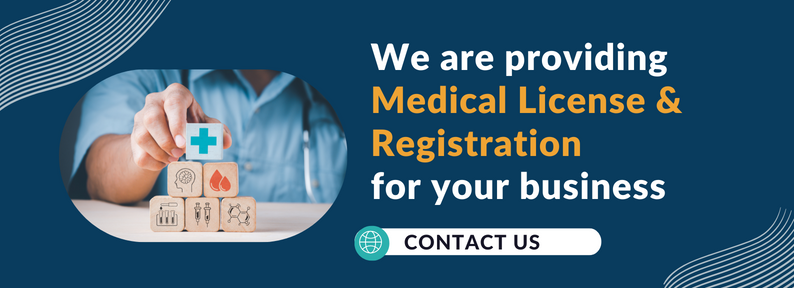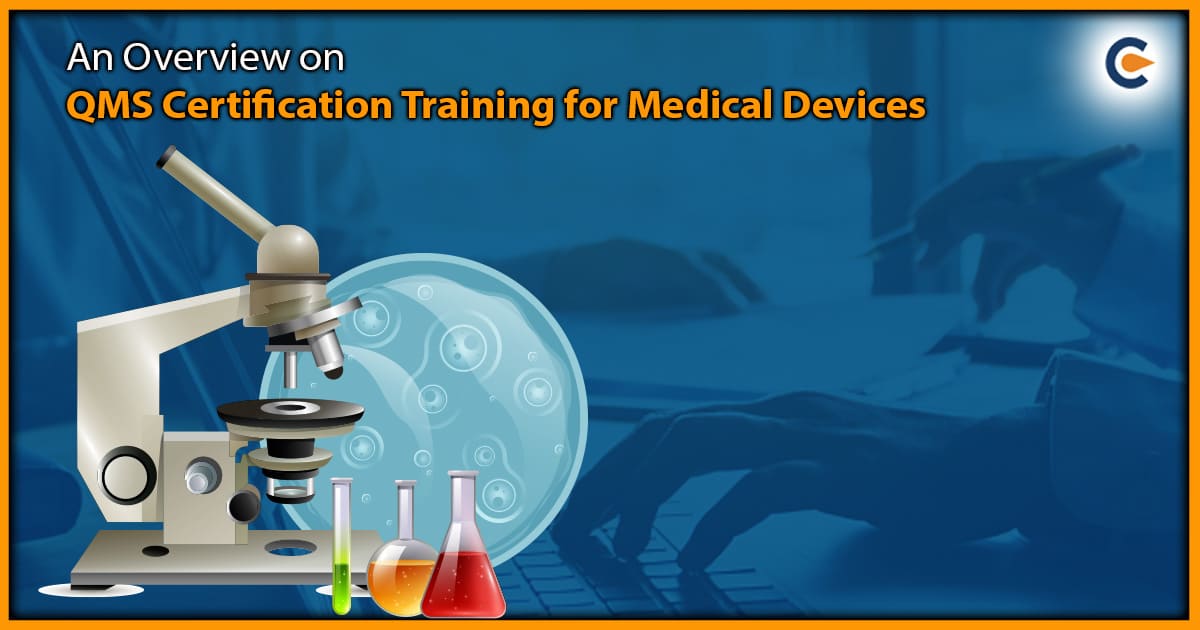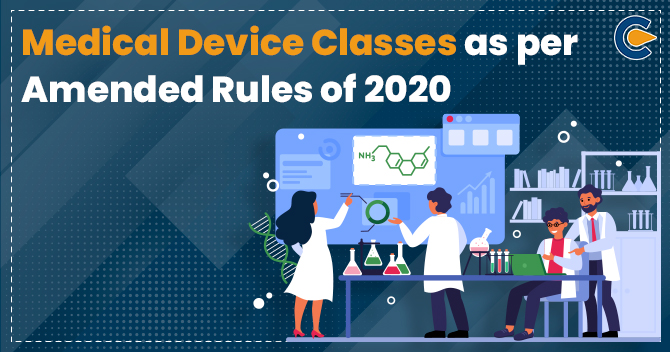Artificial intelligence, also known as AI, is a technology that is regarded as being transformative in the digital world and is currently adding value to the medical device industry. New regulations established by regulators, such as the Medical Device Regulation (MDR), In Vitro Medical Device Regulation (IVDR), and U.S. Food and Drug Administration (FDA), require AI-driven medical devices to comply with state-of-the-art requirements and provide objective evidence for repeatability and reliability. As medical devices continue to incorporate artificial intelligence to perform or support medical applications, manufacturers must assess the performance of artificial intelligence techniques in their medical devices concerning, but not limited to, areas in training and verification data, algorithm creation, and risk management, even though standards and guidelines supporting these are still in the early stages of development. Scroll down to check Artificial Intelligence in Medical Devices.
What is Artificial Intelligence?
The science and engineering of creating intelligent machines, particularly intelligent computer programs, has been broadly characterized as AI. Expert systems that largely rely on if-then statements, machine learning, and models based on a statistical analysis of data are some of the different strategies that artificial intelligence can apply.
How did artificial intelligence originate?
At least since the first century BCE, humans have been fascinated by the idea of building devices that resemble the human brain. John McCarthy first used the term artificial intelligence in 1955, giving it contemporary meaning. McCarthy and other individuals planned the “Dartmouth Summer Research Project on Artificial Intelligence” conference in 1956. Prescriptive analytics was later developed as a result of this beginning, along with machine learning, deep learning, and predictive analytics. Data science, a completely new area of study, was also born out of it.
Importance of Artificial Intelligence
The significance of artificial intelligence and its subsequent components have long been understood. They are viewed as methods and tools for improving the world. It is crucial because it makes life simpler. Human effort is greatly reduced by these technologies, which are a significant benefit to people. They are capable of being automated. The last thing that can be expected or sought during the operation of parts incorporating this technology is manual intervention. These tools are practical and effective because they accelerate your tasks and processes with assurances of accuracy and precision. Apart from making the world an error-free place with their simple and everyday techniques, these technologies and applications are not only related to our ordinary and everyday life. It is affecting and holds importance for other domains as well.1
What Is Artificial Intelligence In Medical Devices?
A machine’s ability to make choices and perform activities that resemble human intelligence and behavior is defined as artificial intelligence. The fundamental algorithm serves as the foundation for the methods used to integrate artificial intelligence in medical devices. The medical device industry is currently moving significantly toward deep learning methods utilizing neural networks.
A set of algorithms referred to as neural networks that are intended to recognize patterns and are roughly modeled after the human brain. Machines using deep learning techniques can imitate human learning processes and adapt without being programmed when exposed to data through neural networks.
Deep learning techniques with neural networks are used in medical devices to replace human abilities in several roles, including, but not limited to:
- Disease prediction and identification;
- Data classification and analysis for disease outbreak;
- Optimization of medical therapy;
- Diagnostic support application.
How Are Artificial Intelligence and Machine Learning Transforming Medical Devices? – Artificial Intelligence in Medical Devices
By generating new and significant insights from the enormous quantity of data generated daily during the provision of healthcare, artificial intelligence (AI) and machine learning (ML) technologies have the potential to revolutionize the healthcare industry. Manufacturers of medical devices are employing these technologies to innovate their products to better support medical professionals and enhance patient care. One of the biggest advantages of AI/ML in software is its capacity to learn from actual usage and experience and enhance performance.
Trends in Medical Devices with Artificial Intelligence
Medical device companies are developing three main Artificial Intelligence in medical devices as technology advances:
- Chronic disease management: Artificial intelligence-enabled medical devices could monitor patients and administer medicine or treatment as necessary. Patients with diabetes may, for instance, wear sensors to track their blood sugar levels and deliver insulin to control them.
- Medical imaging: To conduct medical imaging with greater image quality and clarity, companies are creating medical devices using artificial intelligence. Additionally, these tools would lessen a patient’s radiation exposure.
- Internet of Things (IoT): Medical professionals can manage data, inform patients, save expenses, monitor patients, and work more effectively and efficiently by using a system of wireless, interconnected, and networked digital devices. To improve patient outcomes, businesses are combining IoT[1] with intelligent medical devices.
Regulating medical devices with AI capabilities – Artificial Intelligence in Medical Devices
In the medical industry, artificial intelligence (AI) is being increasingly accepted, which means that several medical devices are beginning to include AI capabilities. Improved imaging systems, intelligent robots, wearable technology, AI-based data analysis, simulation platforms, and more are just a few examples of these AI capabilities. The Covid-19 pandemic has accelerated the process of digitalizing healthcare, including the necessity for “smarter” medical devices, even if medical technology is always evolving.
AI applications are widespread in medicine and are gaining prominence swiftly. According to Global Data, by 2024, revenue from AI platforms would total $52 billion. Furthermore, according to GlobalData, the market for AI systems in the healthcare sector would be worth $4.3 billion by 2024.
As technology advances in the coming years, Artificial Intelligence in Medical Devices can be an extremely beneficial addition to the healthcare sector and will raise the quality of much medical equipment. But as AI becomes more prevalent in the healthcare profession, problems with regulation have emerged.
Several medical industries have yet to meet the challenges posed by medical devices with AI capabilities. While AI can enhance medical devices, it can also raise certain safety issues, thus this could be a matter of concern. It can be challenging to evaluate the functionality of AI systems without clear rules to follow because many AI technologies make use of big datasets and complicated algorithms. Provided that many AI technologies have continuous learning capabilities, which means that products and devices can change frequently, perhaps regulatory bodies like the US Food and Drug Administration (FDA) and Health Canada should concentrate on developing a regulatory framework that would allow for ongoing changes.
The FDA published final guidance on “Clinical Decision Support Software,” even though many AI-based medical devices are not regulated in a way that specifically addresses their AI features. The FDA’s monitoring of clinical decision support software is clarified by this final guidance, which also eliminates some decision support software functionalities from the definition of “device.”
Although the FDA’s guidelines on Clinical Decision Support Software represent a beginning in the regulation of AI-based devices, it should be a top priority to re-evaluate how other AI-based devices are regulated as well. AI-enabled medical equipment is frequently more technologically advanced than other equipment and, in some circumstances, is evolving all the time.
Conclusion
Medical device manufacturers have been interested in artificial intelligence (AI). However, there is a constant need to evaluate its use and performance due to system complexity, the variety of its architecture, as well as ethical and legal problems. From clinical engineering to medicinal applications, Artificial Intelligence in Medical Devices is changing the healthcare industry. Before realizing its full potential, however, ethical, legal, and social issues must be settled, and its application must be harmonized and regulated about fair access, privacy, suitable purposes, and users, liability, and inclusivity.
Read our Article:A Step By Step Guide For Registration Process For Medical Devices In India













